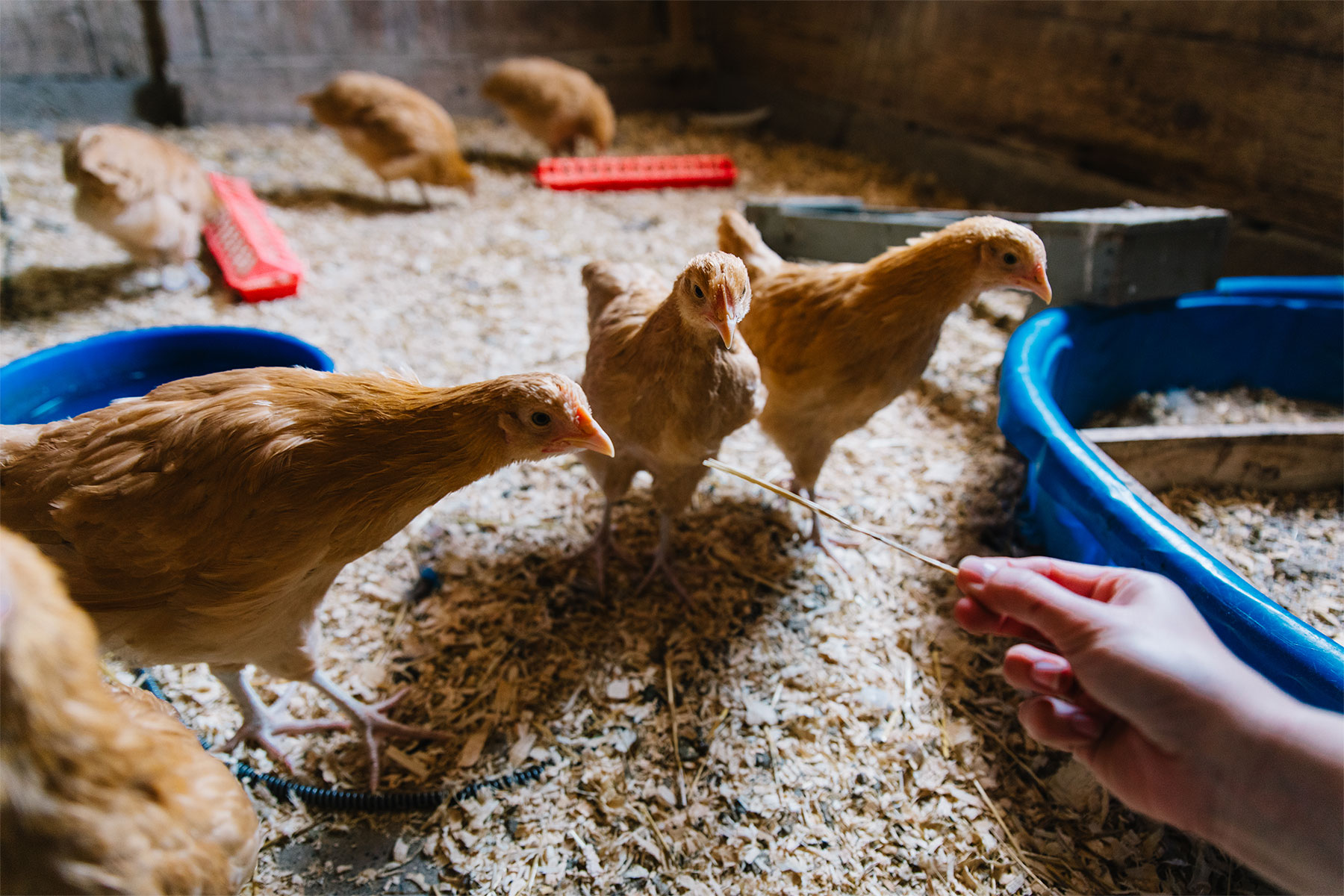As one of the largest mental health treatment campuses in the country, clinical therapy is at the core of what we do. But, it’s far from all we offer. Here, residents are empowered to take an active role in their own recovery through unique work programs at Rose Hill Center – all of which provide real-world experience and practical life skills in a safe, supportive environment.
Upon admission, residents have the autonomy to choose a work program that aligns with their interests and goals – fostering a deeper connection to their treatment. It gives them a unique opportunity to explore new skills and challenges, without the fear of severe consequences. And if mistakes are made, there’s no risk of losing housing, employment or relationships. Instead, residents can reflect, process what went wrong and try again, all while receiving expert guidance and support.
We’re proud to say this blend of clinical care and hands-on experience is rooted in evidence and proven outcomes. Time and again, we’ve seen how this approach builds confidence, resilience and a sense of purpose in residents – helping them make meaningful strides toward their personal goals. In fact, every individual who successfully completes our program goes on to work or attend school in their community, ready to cultivate lifelong well-being beyond Rose Hill.
Now, let’s explore the four work programs at Rose Hill Center that play such a vital role in this transformative process…
Kitchen team: Building a foundation in customer service
Joining the kitchen team at Rose Hill Center begins with straightforward tasks, like wiping down tables and filling napkin dispensers. As residents gain confidence, their responsibilities expand to more complex duties, such as setting up a salad bar or baking cookies for special events. In time, they may find themselves serving meals to fellow residents and answering questions about the day’s offerings. All the while, every task gets logged on to a daily sheet – providing residents with a tangible way to track their accomplishments and growth.
From a therapeutic standpoint, this experience plays a crucial role in developing essential social communication and problem-solving skills. By interacting with others in a structured yet supportive environment, residents learn to navigate real-world scenarios, which is especially valuable for those who may have struggled with interpersonal interactions in the past.
The kitchen team, with its blend of teamwork and customer service, also serves as a launchpad for residents aiming to pursue roles in industries like food service, retail or office settings — areas where communication and problem-solving are key. Many of our residents have successfully transitioned into these fields, and the foundation they built in our kitchen is a big reason why.
Housekeeping team: Fostering independence and attention to detail
For those who thrive in independent work, the housekeeping team offers an ideal environment. Here, residents are responsible for keeping all residential houses on campus clean — vacuuming, mopping, dusting and sanitizing. And unlike the team-oriented structure of the kitchen, housekeeping encourages individuals to complete a checklist of tasks on their own, which can help them develop a strong sense of responsibility and the ability to manage their time effectively.
Housekeeping also nurtures attention to detail. Residents can take pride in seeing the direct results of their efforts: a sink wiped down, a toilet cleaned or fresh toiletries neatly arranged. The ability to assess a situation and leave it better than they found it is an essential life skill that translates well into a variety of job settings.
Farm team: Connecting with a greater purpose
The farm team offers a unique experience that appeals to residents seeking physical work with a deep sense of purpose. With animals ranging from horses, llamas and alpacas to chickens, sheep and barn cats, residents on this team are responsible for feeding, mucking stalls, collecting eggs and ensuring the animals are well cared for. And these daily tasks foster an incredible sense of accountability, because if you don’t show up, the animals don’t eat. This connection to something bigger than oneself can be a powerful motivator for residents who may be struggling to engage in other aspects of their therapy.
Beyond animal care, residents contribute to the upkeep of our century-old barn, assist with repairs and engage in projects that keep the farm running smoothly. Whether it’s feeding the bunnies or working with wool to turn it into yarn, the farm team offers hands-on work that strengthens both the body and mind.
Horticulture team: Cultivating pride and environmental awareness
For residents who enjoy working with plants, the horticulture team provides a rewarding experience in Rose Hill Center’s busy greenhouse. From January to Mother’s Day, the team is dedicated to growing flowers, vegetables and plants for the annual flower sale. During the quieter winter months, they shift gears to create grave blankets and wreaths from local Christmas tree clippings, which are sold to our dedicated staff and used to decorate campus.
Residents on the horticulture team take pride in transforming the campus through their work —planting gardens, tending to flower beds and beautifying walking trails. This work fosters an awareness of surroundings and helps residents realize how taking care of their environment can positively impact how they feel. Watching the campus come to life through their efforts instills a deep sense of pride and accomplishment.
If a resident finds the work program they selected isn’t the right fit, they can switch to another team through a process that mirrors real-world job transitions. With a goal of teaching valuable life skills, like giving notice and applying for a new role, residents gain diverse experiences and skills that will aid in their independence and integration back into the community.
To learn more about Rose Hill, including our work programs, read our blog: What to expect at a residential treatment center.










